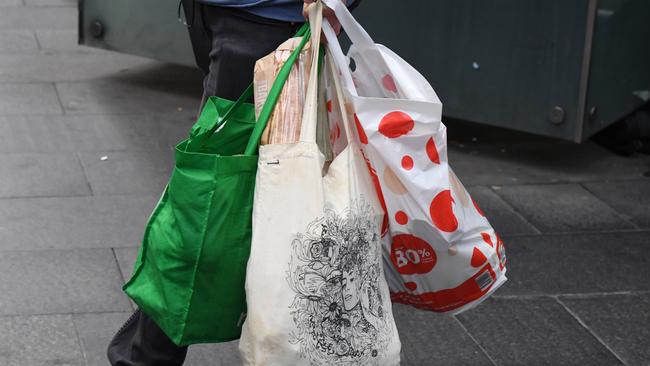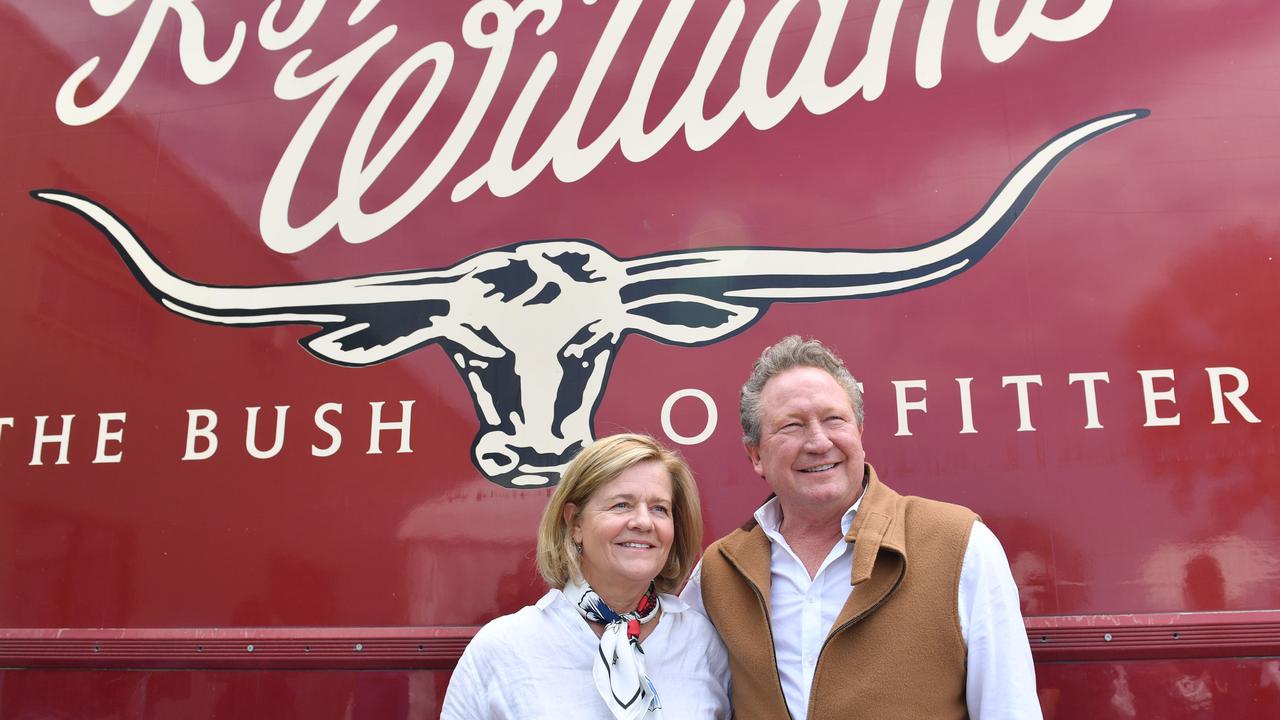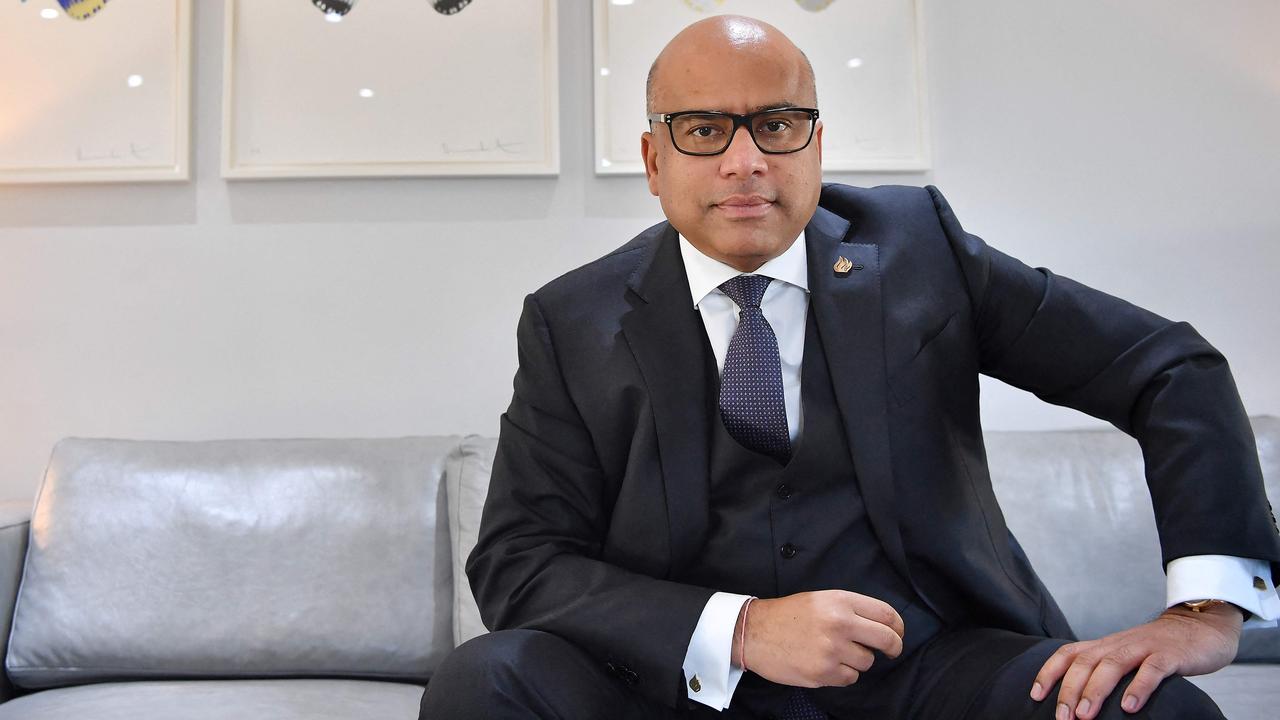Plastic bag ban had early hit on retailers’ sales
Supermarkets say customers bought less as they struggled to adapt to plastic bag ban.

The nation’s leading supermarket chains have acknowledged the disruption to trading and downward pressure on sales caused by last year’s ban on single-use plastic bags.
Some shoppers bought less because they had forgotten to bring a bag from home and didn’t want to buy a reusable one at the store, retailers said.
Jos de Bruin, the chief executive of the Masters Grocers Association, which represents more than 2500 independent supermarkets around the country, told The Australian his members had reported shoppers had walked in to stores forgetting a bag and they would try to “fill their pockets” with grocery items rather than buy a bag for 15 cents.
This had an initial impact on sales at supermarkets as shoppers were forced to change their behaviour.
“Now the expectation is back on us (consumers) to bring in our bags so the responsibility is ours, therein lies a really big commitment from the government to make sure they educate consumers,” Mr de Bruin said.
“So in Queensland last year, the government actually committed to a pretty big advertising campaign to get consumers on board so that retailers like us wouldn’t cop the wroth.
Mr De Bruin said his members, which own chains under the IGA, Foodland and other independent supermarket banners, were reporting back that initially sales might have suffered “but then things started to settle down a bit”.
“It’s more of a consumer issue than a retail issue,” he said.
“Consumers now starting to kick themselves. ‘Oh I’ve forgotten my bag”, and now they are putting their hands in their pockets and actually those (reusable) plastic bags.”
But he said in some states such as South Australia, the net affect was no reduction in actual plastic bags being used.
On Monday The Australian reported that businesses had warned Treasury that bans on plastic bags were contributing to the weakening economy, saying shoppers are unable to carry large amounts of groceries to their car or home.
The concerns are contained in a ministerial submission created by the Department of Treasury, which details the findings of its business liaison program held between February and March, and obtained by The Australian under freedom-of-information laws.
Metcash chief executive Jeff Adams, whose company wholesales groceries to thousands of independent supermarkets, told The Australian that the phase-out of single use plastic bags had initially dented sales.
“I think we did have some of our bigger retailers who said they were seeing some impact,” he said.
A spokesman for Woolworths said shoppers were responding and changing their shopping habits to transition to the elimination of single-use plastic bags.
“We recognise change is never easy, particularly when it comes to something as habitual as grocery shopping.
“One year after we phased out single-use plastic bags nationally, our customers have formed new habits and embraced a more sustainable way of shopping with reusable bags.
“We’re incredibly grateful to our customers for coming on this journey with us to help clean up Australia’s waterways for the benefit of local communities and marine life.”
Woolworths said it has issued around 3 billion fewer plastic bags over the last 12 months.



